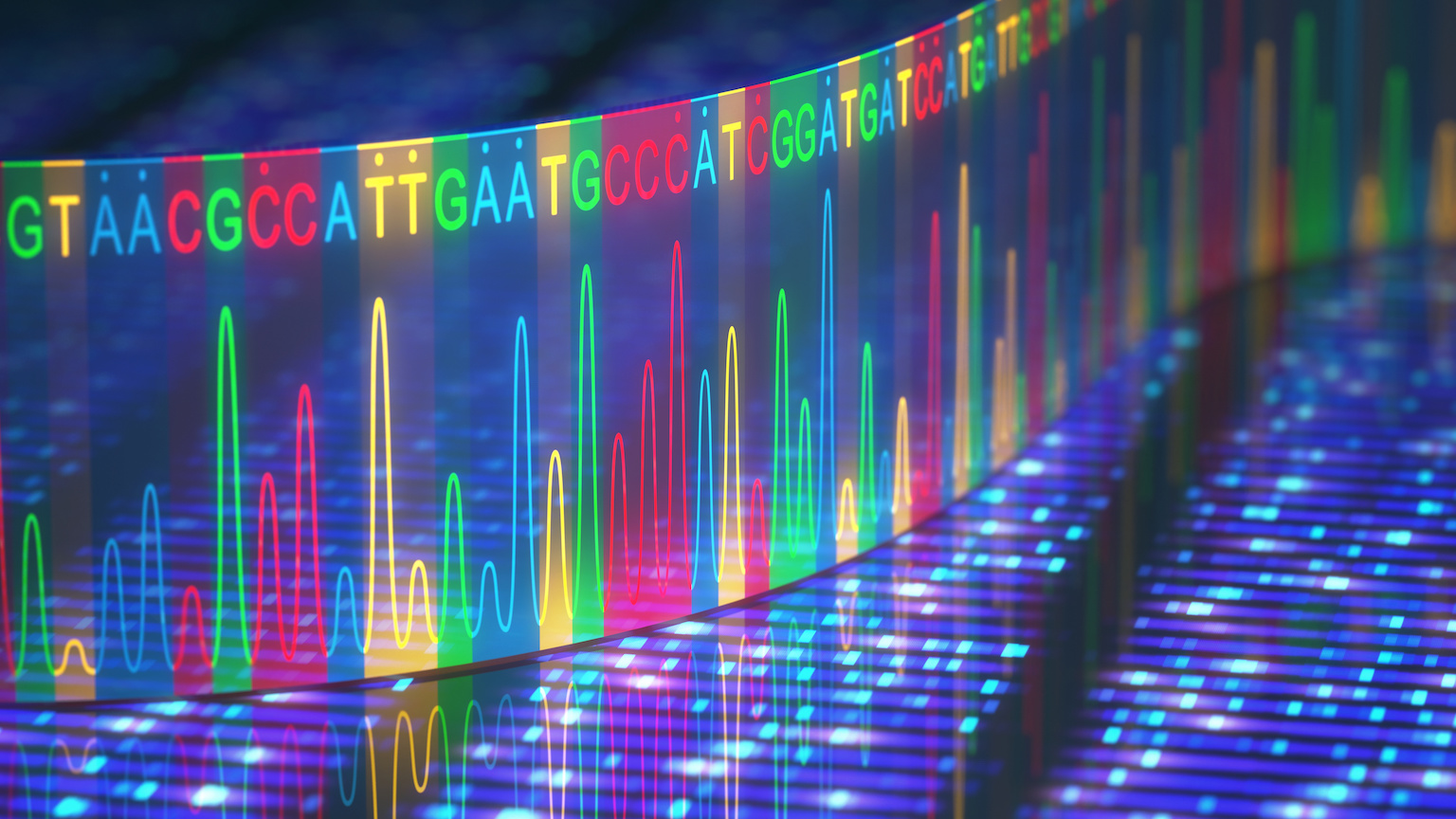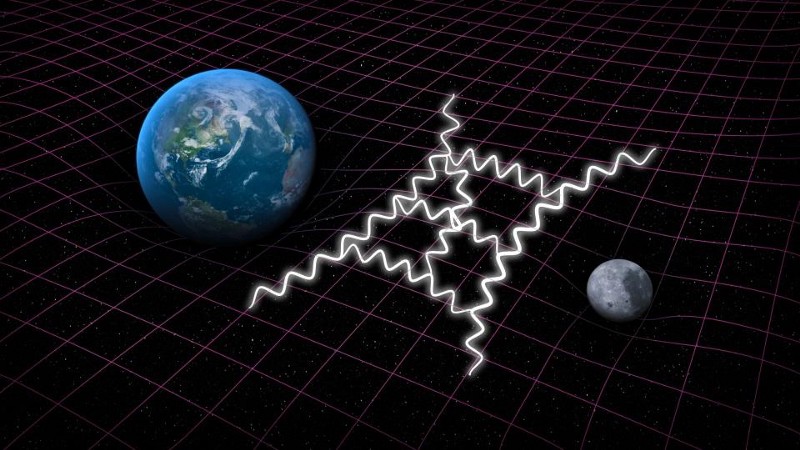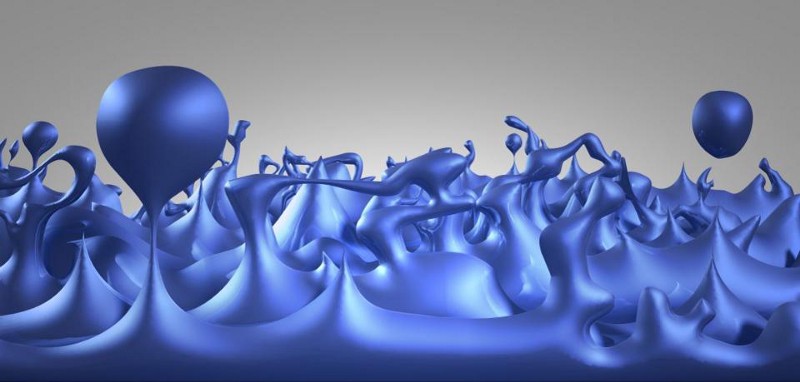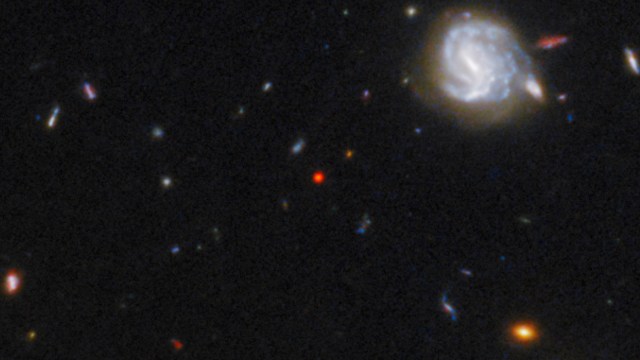Superdeterminism: To better understand our Universe, ditch the idea of free will
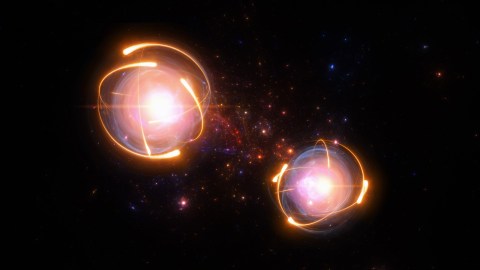
- Quantum mechanics forces us to accept things that seem impossible.
- We don’t like this state of affairs, but experiments seem to show that it holds true.
- One way around the nightmare of quantum mechanical reality is to accept another explanation for the experimental results: superdeterminism.
Of all the terrible, no good, rotten things that quantum mechanics says, the hardest one to swallow is this: You must give up realism, the belief that something has definite and inherent properties outside of your observing it. There may be a way to salvage realism, but to do so you must sacrifice locality, the idea that things influence one another by direct interaction and the basis for causality. This state of affairs appears forced upon us by our measurements of the physical world. There is, however, a third way. Just be warned: You may like it even less than the first two.
In our everyday world, realism and locality are cornerstone concepts that always hold true. Let’s use a simple example. I’ll take two scrabble tiles, A and B, and put each in an identical box. I pick one box at random and give it to you, and then you travel to China and open the box. If you open the box, and your tile is A, then you know my box contains the tile B. That’s because A has been in your box all along. It’s definitely not because your tile turned into A when you looked at it (which would violate realism) and then reached out to mine from across the world and instantly told it to become B (which would violate localism). By its standard interpretation, quantum mechanics asks you to believe that both of these things occur.
Now, let’s say that I generate two particles that are linked by an entangled quantum wave function. Each particle has 50% probability of being in quantum state A, and a 50% chance of being in quantum state B. When measured, one must be A and the other B. Then I somehow trap one in each of the boxes. Quantum mechanics says that inside of its box, each particle exists as partly A and partly B at the same time, but neither one in reality. This time, you travel to a distant star system with your box. When you open it and look inside, the particle will suddenly resolve itself randomly into either state A or state B. Worse still, if that’s true, at that same moment the photon in my box is forced to become the other state. If yours is B, then mine instantly becomes A — even though it’s lightyears away.
Explain this sort of thing to a smart non-physicist, and they will instinctually recoil in disbelief. It’s the natural reaction of an observant mind. After all, nothing in our everyday lives ever works in this way. This revulsion isn’t limited to non-physicists. No less a physicist than Albert Einstein himself hated the idea and made famous attempts to disprove it. In 1935 Einstein, along with his colleagues Podolsky and Rosen, published a famous paper declaring that if localism is true, then quantum mechanics must be incomplete. This would mean that the quantum states really did exist before observation, but the theory wasn’t good enough to predict them. Physicist John Bell then expanded upon this work to deduce that locality might possibly be salvaged, but only by giving up realism. Or realism might be salvaged, but only by giving up locality. Yikes.
Experimental physicists were able to work out methods to test Bell’s ideas in the laboratory. Unfortunately, these and other experiments have always found that the ugly predictions of quantum mechanics hold true. This is generally taken to mean that locality or realism—or both!—are not true in quantum mechanics. There are few ways out of this dilemma.
One of these escape routes is the many worlds interpretation of quantum mechanics. This subject has been extensively described in popular science and science fiction. Roughly speaking, each time a probabilistic quantum state is resolved into one of two choices, two new universes are split off, one for each choice. In this way, an unimaginably vast number of universes spring into being every nanosecond. It’s an interesting idea, but there is zero evidence that it’s true.
Another way out is superdeterminism.
Superdeterminism
Regular old vanilla determinism is the idea that the universe runs like clockwork, with each event triggering the next in a cascade of perfect predictability. If you knew the state of the universe at one instant, you could theoretically predict everything that would ever happen in the future. This idea can appeal to some people’s desire for order and certainty. For many others, it’s philosophically depressing.
Superdeterminism is a technical term for a specific application of determinism, postulating that there is no statistical independence between a measurer, with his detector interacting with the particle to measure it, and the particle itself. In other words, the universe is so thoroughly deterministic that it will force any seemingly random, freely made measurement to produce some value correlated to other measurements.
Applied to the problem of quantum strangeness, superdeterminism says that the state of one particle does not magically control the state of the other from far away. Each particle’s state can be given to it via interaction with the detector, coordinated by complete determinism across the Universe. Superdeterminism thus saves localism. Because superdeterminism dictates the state of each particle, even at great distances, it implies that the Universe “knows” what the states are. In this way, it can save realism at the same time. The quantum particles had some real state all along that was hidden from quantum mechanics. Like many worlds, it is highly speculative and the subject of intense scientific argument and criticism.
Giving up the assumption of free will to save our other cherished beliefs about causality and physical realism is a huge price to pay. For now, we don’t know how to experimentally test for superdeterminism in a comprehensive way. Some partially relevant experiments have not found evidence for it. Philosophically it’s still a terrible choice for most of us: give up understanding the world or give up free will. It’s no wonder that even many professional physicists don’t like to embrace quantum mechanics. Its dirtiest trick of all is forcing us to collapse into one of these unfortunate philosophical states.
